Divergent Views on Population Health Science’s Political Skew
Christine Bachrach
In earlier posts in our Values and Science Series, we discussed how values influence science, the political polarization in our society, and how most population health scientists identify with one end of the political spectrum. In this post, we revisit the IAPHS members we interviewed earlier in the series and highlight their opinions about what this means for our field. While our interviewees expressed similar views about the ways in which values and science intersect, they differ in how they assess the implications of the dominance of liberal values in population health. As reflected in the two narratives juxtaposed in the first post of the series, some interviewees felt that our political skew was a serious problem, while others felt it was not a problem at all. As noted previously, the six interviewees provide a range of views, not a scientific representation of views among IAPHS members.
Is Population Health Inherently Progressive?
To some of the informants, population health science is inherently aligned with progressive values, making the lack of conservative voices a natural consequence. Merlin Chowkwanyun said the “guiding assumptions of our field are to look upstream. So we do commit in this field to thinking in a way [that] aligns with liberal and progressive views, I don’t think that’s such a terrible thing.” From Megan Reynolds’s perspective: “Looking at things from that structural perspective is at odds with the values that underpin the individualistic approach [which is] one of the hallmarks of a conservative ideology.” Brooke Staley holds similar views about our liberal tendencies but believes there is much more variation in views on the issues we study than we give credence to.
Lindsey Leininger, a Democrat who was raised in a conservative setting, disagrees that a concern for population health implies liberal values. “I hear over and over again, conservatives just don’t believe in the upstream determinants of health. No, they don’t believe in the same ones that you believe in…. [Do people] think that conservatives are immoral somehow, that 40% of the country has views that are so toxic that we shouldn’t even engage with them? That’s a head-scratcher for me.”
Need for Broader Viewpoints?
Lindsey would like to see “the liberal lack of diversity interrogated along the same way that we rightfully challenge ourselves to be more racially or gender inclusive. . .We suffer for that intellectually.” She argues that our science is constricted by a focus on upstream determinants aligned with a progressive agenda: We downplay market-based solutions in favor of government interventions, we fail to consider tradeoffs when studying safety-net programs like Medicaid, and we are paying little attention to the growing distrust in medicine in rural conservative populations.
Megan and Merlin present a very different perspective – that research motivated by progressive values actually serves as a counterweight to the power of conservative dogma.
Megan and Merlin present a very different perspective – that research motivated by progressive values actually serves as a counterweight to the power of conservative dogma. Megan says, “I think a lot of the research that people with progressive ideological dispositions conduct seeks to present alternative ways of thinking about something. Alternative to what people adopt, almost osmotically, in society. . .The research that comes out of more progressive ideological-leaning research is getting us closer to a balance in terms of the assumptions that underlie the questions we ask at least – and quite possibly the answers as well.” And Merlin: “I tend to think that even if conservative voices, say people who would put more emphasis on individual behavior, or might have more faith in market-based solutions rather than state ones, I kind of feel that even if they are numerically smaller, they do have airtime. . .We all have access to and we all read in population health for example NBER papers.”
Reaching Across the Aisle
Sandro Galea, Brooke, and Sanne Magnan believe that those of us in public and population health need to engage people who don’t share our values. Sanne urges us to “guard against being in an echo chamber – that all of a sudden everyone’s making the same assumptions and we haven’t created a safe space for someone to express their thinking – when’s the last time at an IAPHS meeting when someone said, “Who in the room has a contrarian opinion?” and you’ve made it a safe place to have a contrarian opinion?” Brooke says, “Within the public health space [a conservative] could sometimes feel isolated, they aren’t able to bring out that side of them, it’s kind of hidden; and being able to tease this out more within our field will give us additional help as we try to address some of the issues.”
Megan also voiced concern that in today’s academic environment, it feels “very risky to choose topics that belie a kind of ambivalence or what could be perceived as an opposition to the prevailing progressive perspective. So you don’t study the topic or if you do you avoid the specific research questions that might garner that kind of backlash, or if you generate findings that are not in line. . .with the way that the advocates would see the world, maybe you elect not to publish them. So, I suspect it does at minimum affect what science sees the light of day.” Lindsey reported hearing “from other people in public health and population health science who believe the same way [about the absence of conservative ideas in population health] but are too afraid to say this for fear of professional repercussions. ‘Lindsey, I feel like you do but I can never say that because my papers won’t get published.’”
Credibility and Polarization
Sandro is concerned about a lack of credibility: “Why would we expect that people would listen to public health when public health is coming from a place where the values are different from what a good half the country holds. And that, to me, is an existential challenge for public health.” Brooke speaks to the pushback against public health during COVID: “If we had had some of these [conservative] voices within our sphere, speaking and known early, then we could have had some of the important dialog we needed to have internally before we started presenting and communicating to the public.” Merlin offers that he understands this perspective but feels that the science community should respond by better explaining the nature and process of science and demonstrating “that we actually do have the discipline to not fall into cherry-picking, narratives, or making stuff up in thin air.”
Sandro also told me that “the implication for population health science if we don’t open up and think and deal with these issues is extinction.”
Is our polarized social environment part of the problem? Sanne believes it is making it much harder for people to reach out across differences: “People have so much anger on both sides. I can see it, but it’s hard to experience it; it’s hard to be a target of it because you happen to be white or black or you happen to be younger or older, or from the north or south, or labeled as a liberal or conservative. People are too quick to jump to conclusions about people. We need to spend more time listening, asking honest questions, being curious and humble. Our fast-paced society doesn’t give much space for such.” Sandro believes that “the current polarizing political moment – an unyielding, unforgiving political moment – has pushed people into particular orthodoxies of thought that do not allow for the possibility that others might have different perspectives, different values, different interpretations of data that suggest different conclusions.” Sandro also told me that “the implication for population health science if we don’t open up and think and deal with these issues is extinction.”
Solutions
The informants had a number of ideas about how to address the concerns raised in the interviews, ranging from opening up and dealing with the issues head-on (Sandro), bringing conservative voices into conference panels (Lindsey), and tolerating the existence of the different perspectives highlighted in this post (Merlin). Brooke makes a strong case for engaging people who bring different values to the table: “What’s lost right now is having tough discourse with someone who has opposing views. And what happens in those dialogs, if you can have them in a civil way, is that you start to understand where is the synergy, where do we find agreement with the person who has completely different views from me, where are the spaces where we can find agreement, and also some peace around [the idea that] these are the spaces in which we’ll just agree to disagree. But I can hear you out and you can hear me out, I think that’s also really important.”
Many thanks to all six informants for sharing their time and thoughts.
You can access the comment box by signing into the IAPHS website here. Once you’re signed in, scroll down below this post to find the comment box. If you’re inspired, you can enrich the conversation by posting your thoughts as a separate post.
About the Authors
Christine Bachrach is Senior Advisor to IAPHS and the organizer of this series. She accepts full responsibility for its content as a representation of the authors’ thoughts and opinions and not necessarily the opinion of IAPHS as an organization. Many thanks to the six individuals who agreed to share their perspectives with this Blog series.
Project advisors: Yukiko Asada, Caryn Bell, Erika Blacksher, Marino Bruce, Merlin Chowkwanyun, Cynthia Colen, Jen Cruz, Jenn Dowd, Kaori Fujishiro, Taylor Hargrove, Kathie Harris, Mark Hayward, Jennifer Karas Montez, Nicholas King, Lindsey Leininger, Sanne Magnan, Jarron Saint Onge, Kat Theall, Alex Tsai, and Anna Zajacova.

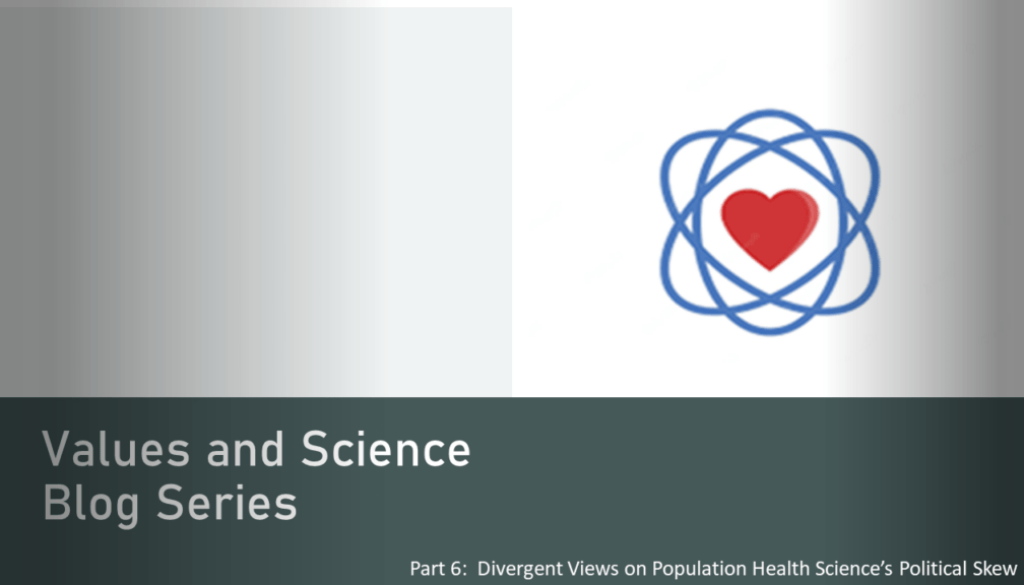
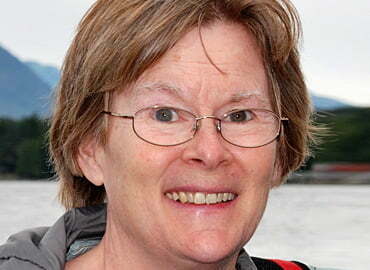
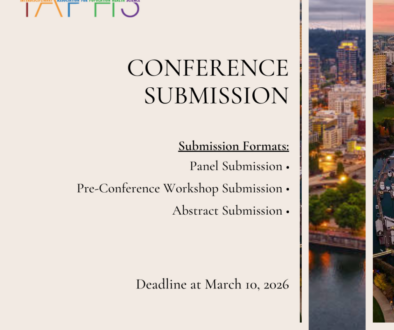
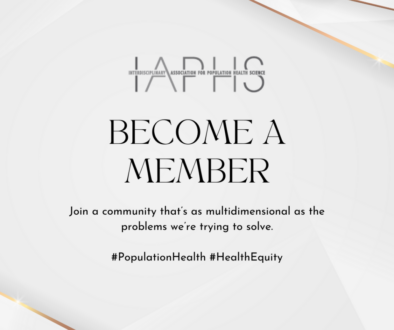
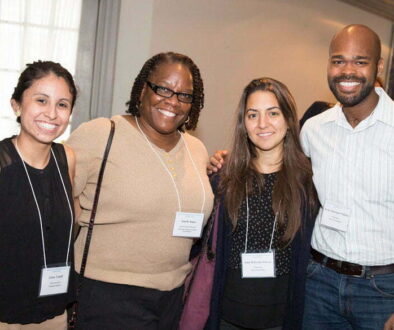
All comments will be reviewed and posted if substantive and of general interest to IAPHS readers.